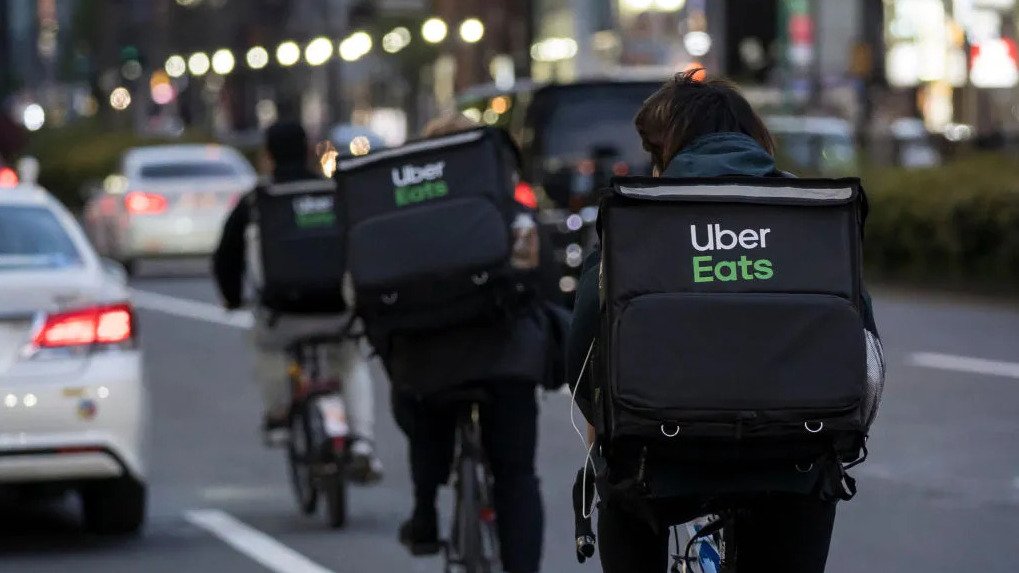A black Uber Eats driver, Pa Edrissa Manjang, has received compensation after facing “racially discriminatory” facial-recognition checks that hindered his ability to access the app for work.
Manjang joined Uber Eats in November 2019, initially without encountering frequent requests for selfies to confirm job registrations. However, the app, powered by Microsoft, escalated these verification procedures over time.
In 2021, Mr. Manjang’s account faced removal due to “continued mismatches” following what Uber described as “careful consideration.”
An Uber spokesperson stated, “Our real-time ID check is designed to help keep everyone who uses our app safe and includes robust human review to ensure decisions regarding someone’s livelihood are not made in isolation, without oversight.”
Mr. Manjang’s case was supported by the Equality and Human Rights Commission (EHRC) and the App Drivers and Couriers Union (ADCU). EHRC expressed concern that the facial recognition technology had unfairly impacted his income, while ADCU deemed the repeated requests for selfies as racial harassment.
The union emphasized its commitment to safeguarding workers’ rights, especially as advancements in AI and machine learning reshape the workplace landscape.
Following an out-of-court settlement, Mr. Manjang, who continues to work for Uber Eats in Oxfordshire, described the resolution as the end of a “long and challenging” period. He believes his case highlights the potential pitfalls of AI, particularly for low-wage earners in the gig economy, and hopes it will bolster protections for workers, especially ethnic minorities.
Baroness Falkner, EHRC’s chair, criticized the opaque processes surrounding Mr. Manjang’s account deactivation, stressing that he should not have had to resort to legal action to understand these procedures or challenge the technology.
Microsoft has acknowledged limitations in its facial-recognition software, particularly concerning its efficacy for individuals from ethnic minorities. Previous instances involving law enforcement, the Home Office, and academic institutions have highlighted the impact of ethnicity on such technology.




